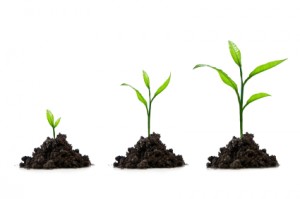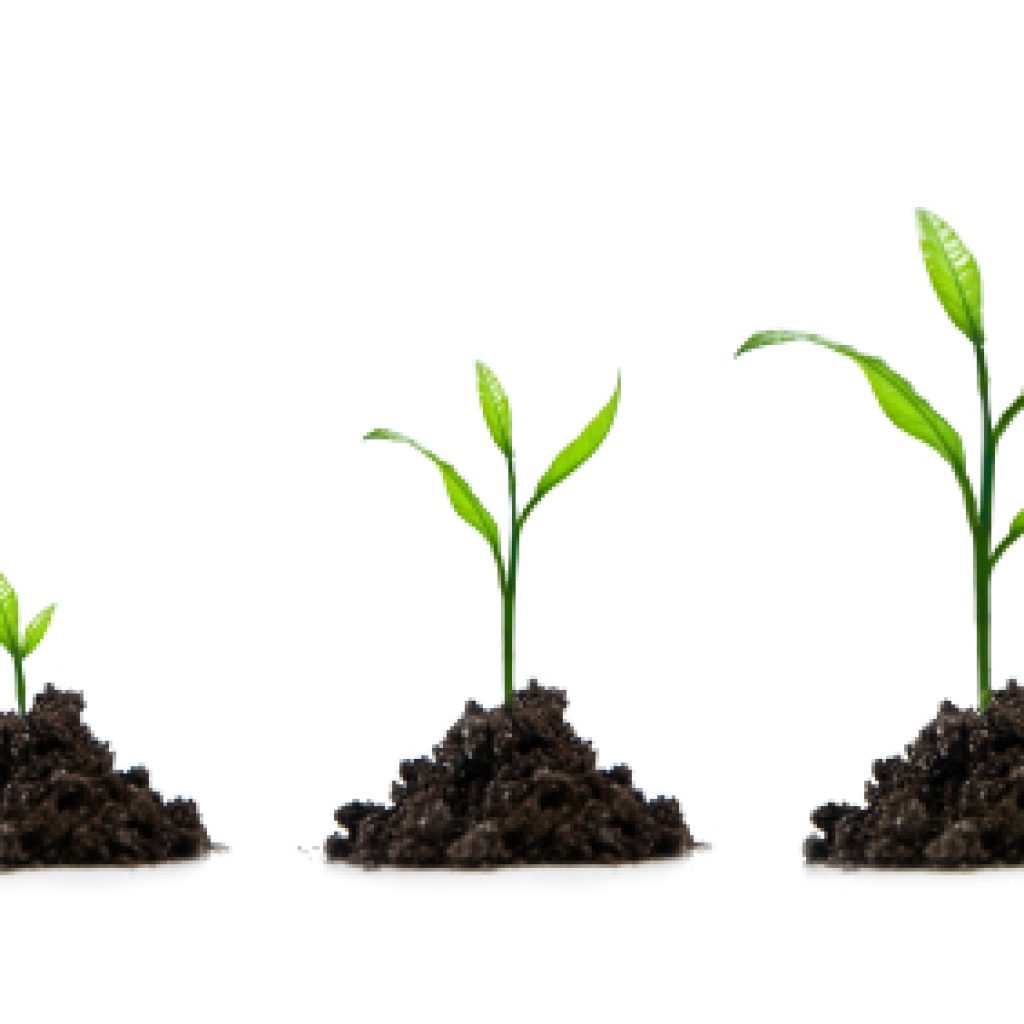 Thomas traditionally has received something of a bad rap over the years, ‘doubting Thomas’ he has ignobly been categorized, not a label any of us would wish on our own eulogy. The name Didymus was a word meaning ‘two-fold’ or ‘twice’, and was used in reference to his lineage, Thomas being a twin, but it is also a word that fits his walk with God, for he often reflected two sides of a complex devotion.
Thomas traditionally has received something of a bad rap over the years, ‘doubting Thomas’ he has ignobly been categorized, not a label any of us would wish on our own eulogy. The name Didymus was a word meaning ‘two-fold’ or ‘twice’, and was used in reference to his lineage, Thomas being a twin, but it is also a word that fits his walk with God, for he often reflected two sides of a complex devotion.
I happen to like Thomas, I like him because he reflects something of the humanness with which we all grapple in our walk with God. Thomas’ faith was ‘two-fold’, strong and vibrant, excited and perceptive, yet also weak and sputtery, ignorant and slow.
There is an interesting exchange between Jesus and Thomas captured in John 11 which perfectly reflects this two-sidedness about him. Jesus has received the news that Lazarus is seriously ill and needs him. Contrary to expectations Jesus purposely delays two days. At the end of those two days he announces a change of plan, they’re going back to Judea. Immediately he is met with a barrage of caution from his disciples. Last time they were in that neck of the woods, they explain, the locals had tried stoning Jesus.
Jesus replies that their return is for good reason, Lazarus ‘our friend’ had fallen asleep and needing waking. The disciples still can’t get the point. If he’s sleeping good for him, nothing better to restore a man than sleep. At this Jesus decides to take the less tactful approach and announces plainly ‘Lazarus is dead’ (John 11:14). It is at this point, seeing that Jesus is resolute in returning and cannot be persuaded otherwise, that Thomas speaks for the first time announcing, “Let us also go, that we may die with him.”
I love this passage, and especially this statement because it captures faith and doubt, fear and courage, weakness and strength. Thomas had somehow woven into Jesus’ words the promise of death should they return to Jerusalem, which is not what Jesus said or inferred. Haven’t we found ourselves often doing that same thing, putting words into the mouth of Jesus? Inferring calamity, pain, problems when no mention of such has been made? In Thomas’ mind a return to Jerusalem was nothing short of a suicide mission, so he must make a choice. Stay where he is and protect the others from walking into what is sure to be a volatile situation, or grit his teeth, pluck up his courage, and hope for the best.
Despite his doubts and sneaking negativity, Thomas’ decision to follow at this point is a highly courageous one. He’s not going to quit even if the reception is likely to be hostile. He’s not going to walk the other way even if it will involve huge personal sacrifice or inconvenience. He is not going to back down even though to proceed will cost him something. He is fearful, he is courageous, he is Thomas, he is Didymus, he is two-sides. It makes us wonder doesn’t it, where that spirit has gone from our own lives.
These same fears and apprehensions, admittedly to a lesser degree perhaps, are all at work every time we try to connect to new relationships or seek to involve new people into our worlds.
 We fear the reception might be hostile, we may suffer rejection or even ridicule. We feel it may cost us something and that the cost may be found to be too high. These nagging fears are often what paralyze us from reaching out to the unfamiliar and unknown. We want certain assurances before launching in. We want to know we’ll be accepted, that they will find our faith interesting, that God will encourage us with good connections, that we’ll be seen to be a person of value, etc. We want surety that we will get into Jerusalem safely, deal with Lazarus, and get out without incident. But of course such guarantee’s are seldom given, and perhaps for good reason.
We fear the reception might be hostile, we may suffer rejection or even ridicule. We feel it may cost us something and that the cost may be found to be too high. These nagging fears are often what paralyze us from reaching out to the unfamiliar and unknown. We want certain assurances before launching in. We want to know we’ll be accepted, that they will find our faith interesting, that God will encourage us with good connections, that we’ll be seen to be a person of value, etc. We want surety that we will get into Jerusalem safely, deal with Lazarus, and get out without incident. But of course such guarantee’s are seldom given, and perhaps for good reason.
Every step we take into foreign relational fields will involve apprehension. It will carry a niggling fear of rejection, of hurt, of failure and that is a good thing I’m sure. It is these uncertainties that grow us, prepare us, reinforce us and strengthen us. It is this element of ‘doing it scared’ as one of my friends would say, that builds us into bigger hearted people.
Imagine the alternative. Imagine if the only circles we walked into were safe ones, how would we grow? If the only people we connected to were those with whom we felt most accepted, how would we change? If the only social arenas we entered were those we were guaranteed to be made to feel included and welcomed, how would we enlarge our hearts?
Life tends to grow with a stretch. It tends to enlarge as we are forced to seek new solutions, develop new skills, nurture new attitudes. And this ‘forcing’ only comes about in environments and relationships that are beyond our ability to totally predict and control. New people, new circles, inevitably produce new ways of thinking and being in us.
Perhaps this is why Jesus assembled a team of such polar opposites. What would a tax collector have in common with a Zealot for example? Or a passionately faithful fisherman with a betraying schemer. We forget to appreciate at times that each of them grew over their three years with Jesus not simply by being with him, but by being with one another. New people, new relationships, new connections inevitably nurture new ways of thinking, feeling, doing, relating.
The next time we find ourselves recoiling in the face of making a new friend or moving into a new social circle, we need to remind ourselves of Thomas’ courage, and that to retract is to possibly lose out on a wonderful growth opportunity.
Making new friends does not simply mean that we have the opportunity of making a new connection, of being introduced into a new social circle, but it also means we create the possibility of becoming a new person.
Perhaps like Thomas, we need to follow Jesus and embrace the new, the unknown,
the unpredictable with a fresh courage,and in doing so enjoy what that adventure is set to
produce in us.


